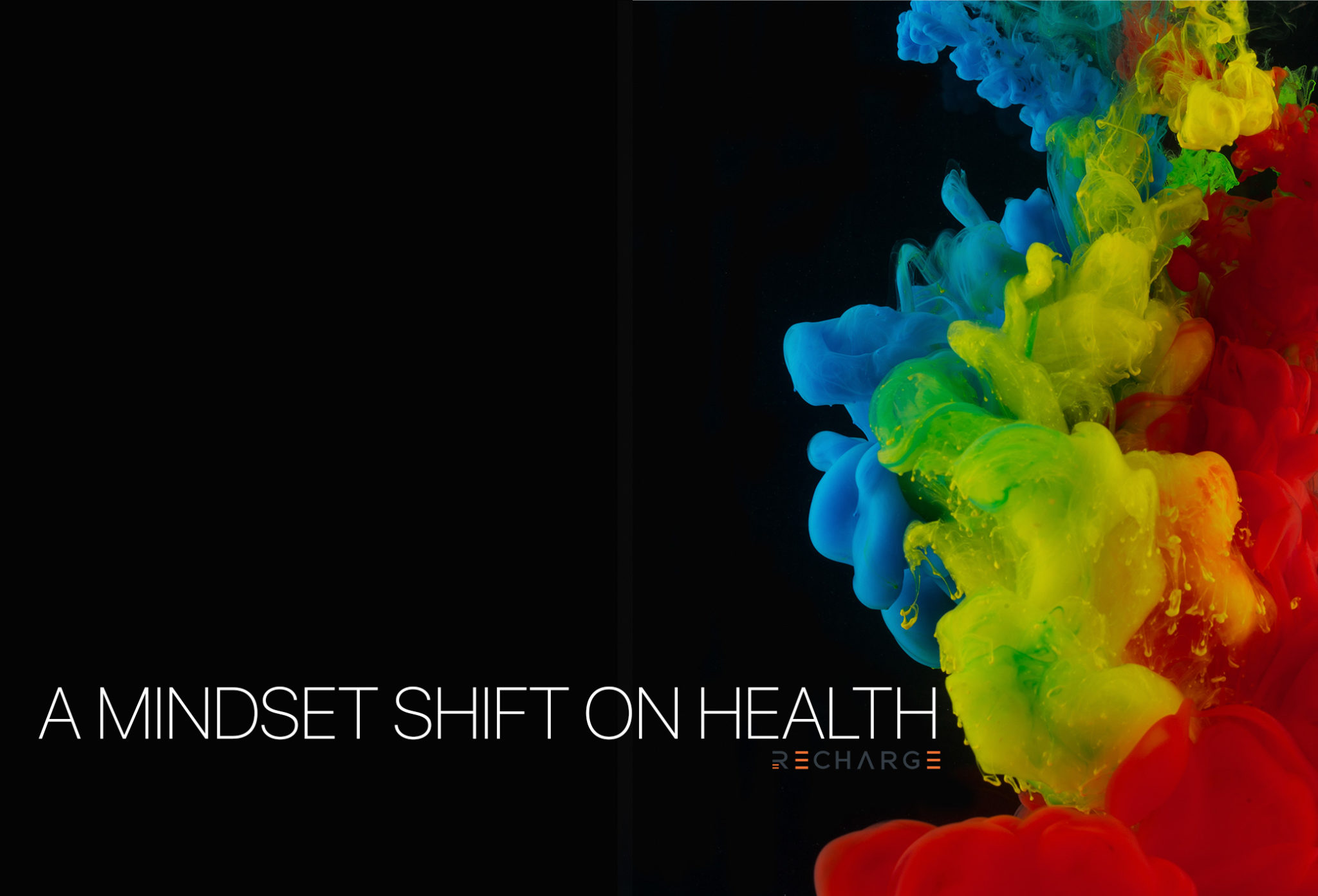When I was practicing in a traditional physical therapy setting, the overriding mindset was returning to a baseline level of function. That included either recovery from injury/surgery or elimination/alleviation from pain.
After several years, the idea of working towards or often shifting baseline became challenging. Shouldn’t people work to improve beyond previous levels (if possible…I know there is always “it depends.”)
Yet, the medical system is not (currently) structured for progress beyond the previous functional baseline. I (along with many other clinicians) have and will continue to discuss this issue at length. But not right now.
When we opened Recharge, it was an opportunity to move away from traditional towards optimal. And yes, optimal needed to be tested and determined. After all, optimal is different for all. And still, there are plenty of commonalities. For example, a sense of community and belonging, regular training, and timely visits when certain issues arise. We rallied and continue to rally behind the motto of proactive >reactive.
However, as I have more and more conversations with Recharge members, some of whom have spent nearly all 3 years with us, I am evolving in my understanding of health. I’ve known and approached pain as a largely experiential condition. That means there are certain commonalities such as tissue health and disruption. Biology and physiology are (mostly) constants. But unique experiences are inherently variable.
Each person processes and experiences differently. Even the same experience will be felt and processed differently. We are anchored by our experiences, some can shed the anchor and sail towards the horizon. Others need help figuring out where to find the rope to untether.
Regardless of whether working in a traditional practice or in (my) ideal practice (Recharge), it’s hard to shift the mindset from prevention. If you are healthy, when you exercise is your mindset to improve or to avoid? Do you eat better in order to be healthier or not get sick? While this may seem like semantics, these ultimately shape your outlook on health. If you work to not let something happen, you don’t stand a chance if/when something does happen.
How do you justify to yourself that you can get better, not just return to baseline, if you were already doing everything right and still experienced a negative health event?
The biggest mindset shift I’ve tried to instill into our Recharge community is think less prevention and more progression. Growth can happen from any point. What are you working towards, not what are you working to avoid?
This often requires challenging conversations. Yes, multiple conversations. It’s an evolution of thinking that often requires putting together a puzzle that doesn’t have perfectly fitting pieces. It’s why I think Recharge is an ideal model to help people with (at the very least) a certain aspect of health.




